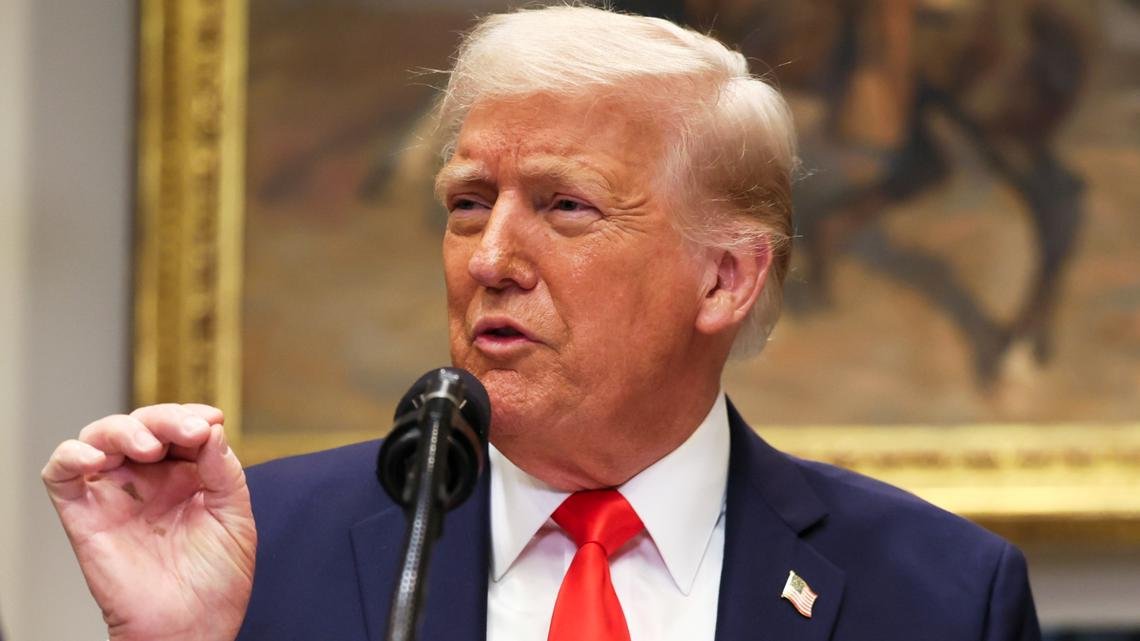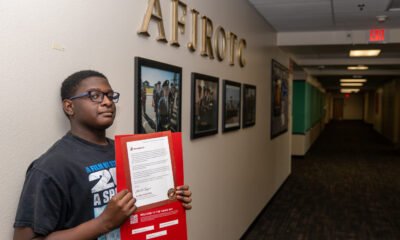cct-tracking
Trump Leverages 18th Century Law to Expedite Deportations, but Judge Hits the Brakes Moments Later

In a significant development, U.S. District Judge James E. Boasberg has issued an order preventing the Trump administration from expediting deportations under the 1798 Alien Enemies Act. This decision comes in response to President Trump’s declaration aimed at targeting members of the Venezuelan gang, Tren de Aragua.
Judge Boasberg emphasized the urgency of his ruling, citing that deportations had already commenced. The government was in the process of deporting individuals it labeled as gang members to El Salvador and Honduras, with El Salvador agreeing to accept up to 300 such migrants.
“I do not believe I can wait any longer and am required to act,” Boasberg stated during the hearing held on Saturday night. He pointed out the lack of harm to the government from delaying deportations, especially as the individuals remain in custody. He ordered any flights already in the air to return.
The judge’s ruling followed President Trump’s claims that Tren de Aragua posed a significant threat to national security. Trump labeled the gang as effectively at war with the United States and contended that local Venezuelan authorities had ceded control to such criminal organizations.
The Alien Enemies Act, used sparingly in history, last saw application during World War II for the internment of Japanese-Americans, Germans, and Italians. Legal experts have raised concerns about the act’s use against a criminal group rather than a recognized state, a point that Judge Boasberg acknowledged had reasonable merit.
Following the proclamation, the administration quickly moved to deport individuals who might not typically qualify for removal. This sparked immediate legal challenges from the ACLU and other organizations aiming to protect the rights of those targeted.
Attorney General Pam Bondi criticized the injunction, suggesting it undermined presidential authority and endangered public safety. On the other hand, ACLU attorney Lee Gelernt argued that the President could not apply this historical law against a non-state actor.
In a broader context, this event reflects the escalating tensions around immigration policy and presidential power. The ruling exemplifies judicial checks against executive actions perceived as overstepping authority. The situation continues to evolve as the government prepares to respond to Boasberg’s order and appeal the ruling.
The implications of this legal battle highlight the ongoing debate over immigration and national security in the United States, particularly as state and federal authorities grapple with the complexities posed by organized crime.
Reported by Regina Garcia Cano from Caracas, Venezuela, this situation underscores the challenges faced by the Trump administration amidst growing legal scrutiny.


















